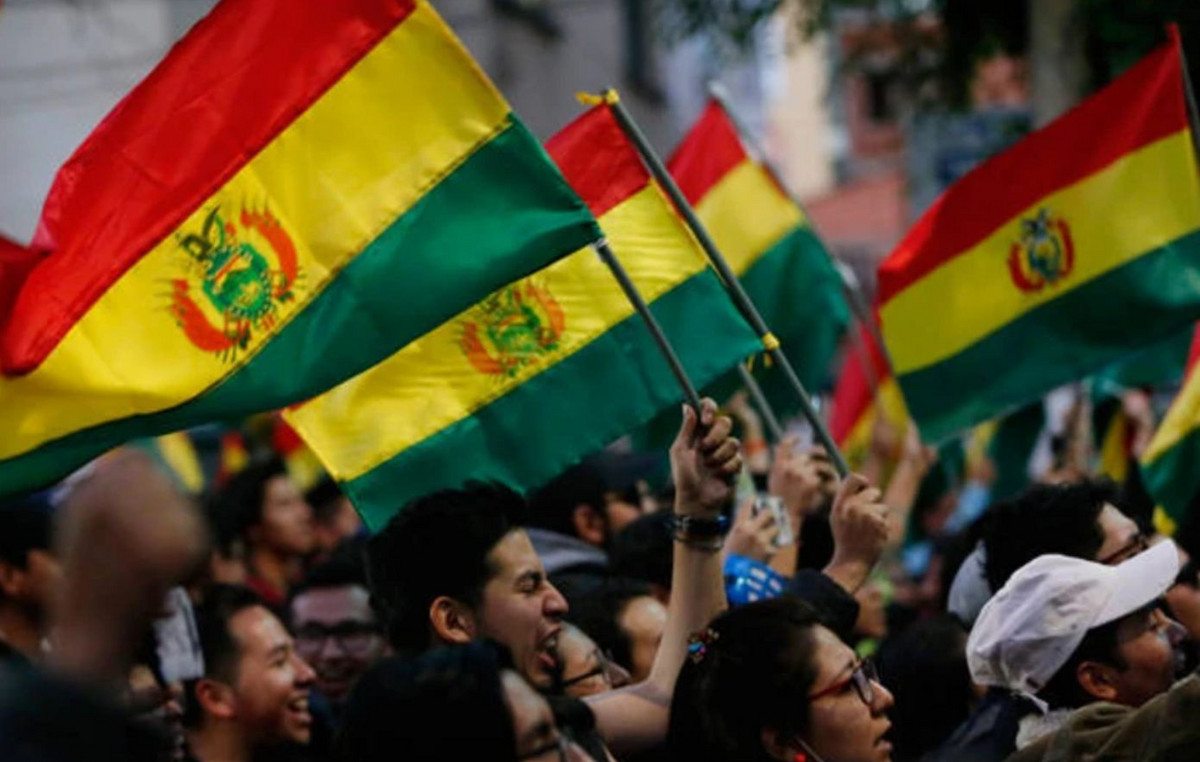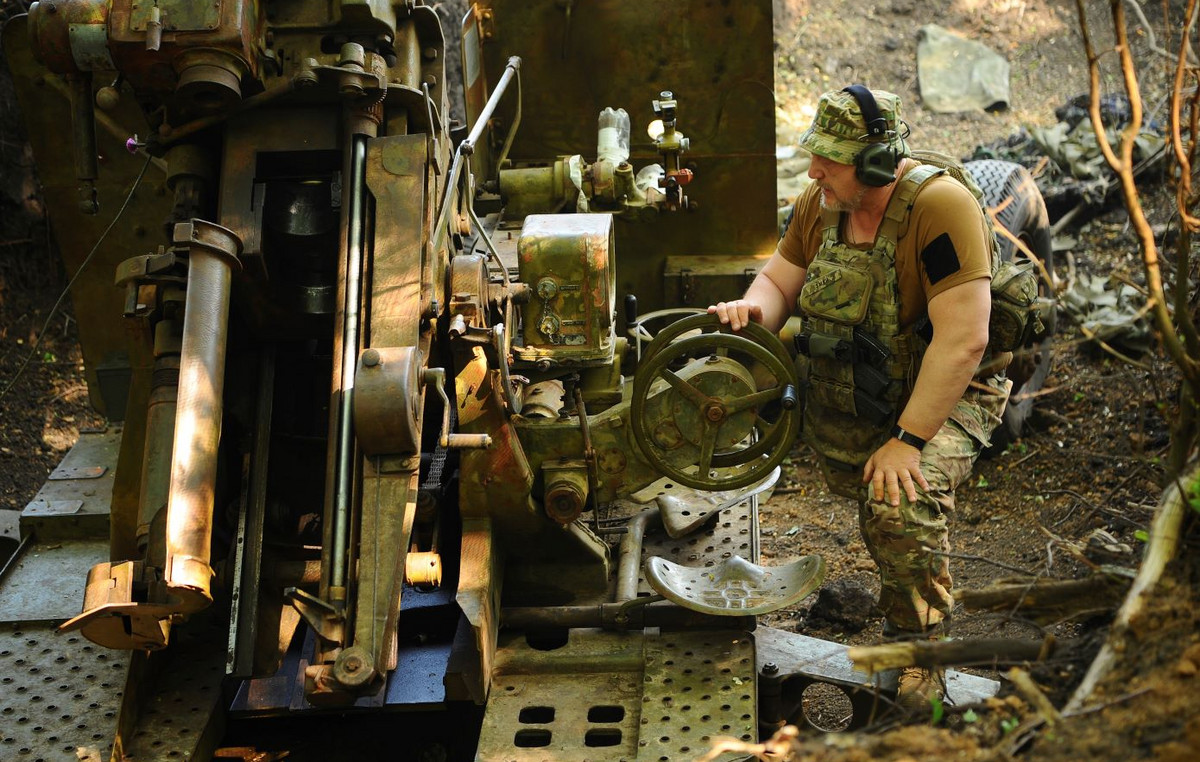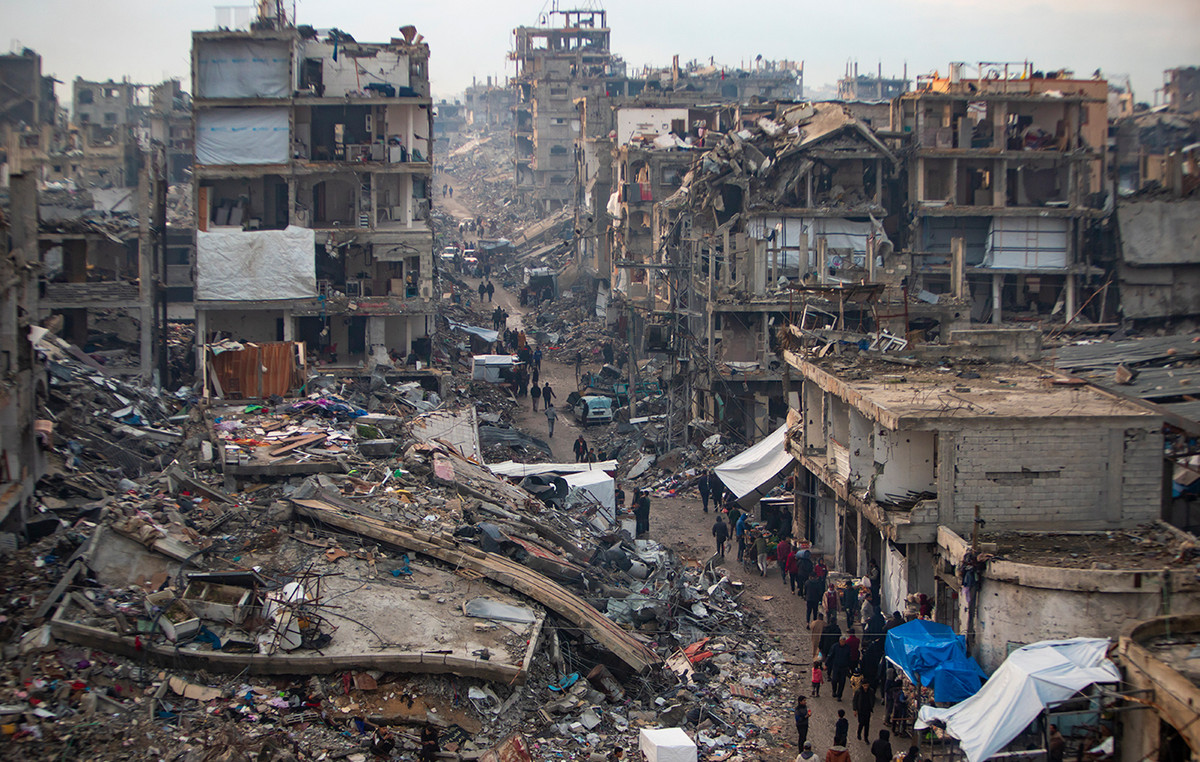The Federal Supreme Court (STF) should judge this Wednesday (18) three cases that question articles of Law 11,705 of 2008, the Prohibition Law.
The National Confederation of Commerce in Goods, Services and Tourism (CNC) and the Brazilian Association of Bars and Restaurants (Abrasel) ask, in two different actions, that articles such as the one that restricts the sale of alcoholic beverages along federal highways be reviewed. .
In the Direct Action of Unconstitutionality (ADI) filed by Abrasel, the entity also alleges that article 5 of the Prohibition Law is unconstitutional since, according to them, it punishes with fines and penalties of seizure of a driver’s license and vehicle seizure, and even in flagrante delicto, if the driver refuses to blow the breathalyzer.
According to Abrasel, it does not respect the principle of non-self-incrimination. The other lawsuit, filed by CNC, questions the article that restricts the sale of alcoholic beverages on federal highways.
The third action that must be discussed and is on the Court’s agenda is a case in which the State Department of Traffic of Rio Grande do Sul (Detran/RS) appeals a favorable decision of the Court of Justice of Rio Grande do Sul (TJRS) to a motorcyclist who refused to take a blood alcohol test.
The driver asked for the suspension of administrative measures against him, and the unlocking of the National Driver’s License, which was confiscated after the test was refused.
According to the STF, the CNC and Abrasel cases will be judged together, while the Detran/RS case will be treated as having general repercussions. That is, the decision that the plenary adheres to on this case must be adopted in all similar cases by all other instances of the judiciary.
THE CNN the president of Abrasel, Paulo Solmucci, defended that the Prohibition blitz still violates the constitutional right of Brazilians to come and go, since the choices of drivers stopped by them are random, with no evidence that the driver is drunk.
“Another fundamental point is that with the dry law, we removed from the authorities the obligation to produce information that this legislation is effectively reducing the number of deaths. Until then, the dry law only changed the life of the common citizen, because the person who was already drunk and put the lives of others at risk, their punishment is the same as the citizen who drinks a glass of wine or a beer”, opines .
For the Brazilian Traffic Medicine Association (Abramet), the Brazilian traffic legislation is one of the most successful in the world, and they claim that Law 11,705/08 is at risk.

“Lei Seca was responsible for preventing more than 20,000 Brazilians from becoming wheelchair users, but it is at risk. The numbers show the strength and importance of this law, and show a change in the behavior of the driver”, says the scientific director of Abramet, Flávio Adura.
The director also assesses that, unlike what is alleged by the actions, the text of the law guarantees the right to life, and appeals to the ministers to “save law 11.705/08, the Prohibition Law, because it saves lives”.
According to the Ministry of Health, in 2020, 1,091 deaths were recorded due to traffic accidents. In 2021, 974 deaths were recorded, however, the folder reinforces that the 2021 data are preliminary.
In a note, the CNC states that the action in the STF “is of a strictly economic nature and questions articles 1, 2, 3 and 6 of Provisional Measure n. 415, of January 21, 2008, which prohibits the sale of alcoholic beverages on federal highways”.
The entity argues that the ban generates undue interference in economic activity, “discriminating, only by a location criterion, merchants who invested in the business of selling an absolutely legal product, aimed at consumers who will not necessarily be behind the wheel of vehicles” .
“The specific issue of drunk driving of the vehicle that travels on roads and public roads in general must be curbed through public policies of awareness and strict inspection on the roads, and should not be confused with the object of this ADI”, completes the position of the CNC .
Source: CNN Brasil







